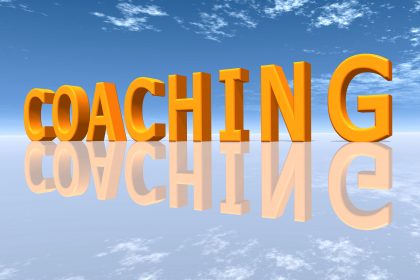The International Coaching Federation, ICF, provides definitions for Coaching, Coaching Relationship, and an ICF Professional Coach at the beginning of the Code of Ethics.
Coaching is often sorted into specialty areas. The specialty areas include Career, Life, Health and Wellness, Business, and Executive coaching. To further differentiate what this means for clients, let’s build on the ICF definitions specific to Executive Coaching.
 What is Executive Coaching? Executive Coaching is a strategic partnership wherein the Coach works with the Client to clarify goals, develop strategies, create action plans, and move past obstacles. An Executive Coach serves the client to, among other things, explore how they engage with others and how they lead within their organization. The Executive Coach supports their client in prioritizing focus, strategy development, and action steps.
What is Executive Coaching? Executive Coaching is a strategic partnership wherein the Coach works with the Client to clarify goals, develop strategies, create action plans, and move past obstacles. An Executive Coach serves the client to, among other things, explore how they engage with others and how they lead within their organization. The Executive Coach supports their client in prioritizing focus, strategy development, and action steps.
What is an Executive Coach? An Executive Coach is experienced and professionally trained to explore opportunities, define priorities, create a strategy, clarify objectives, develop action plans, move past challenges, and progress toward the outcomes the client chooses. It is understood that the Executive Coach has skills and knowledge in the areas of client focus. The Executive Coach works with the client on their priorities serving as a sounding board, challenging thinking and expanding the exploration, and as an accountability partner.
What is the Executive Coaching Relationship? To start a coaching relationship, an Executive Coach will sign an agreement with a client individually. An Executive Coach may also have a signed Master Service Agreement with the sponsor – the organization paying for the coaching. (The relationship exists when there is a signed agreement for coaching.)





